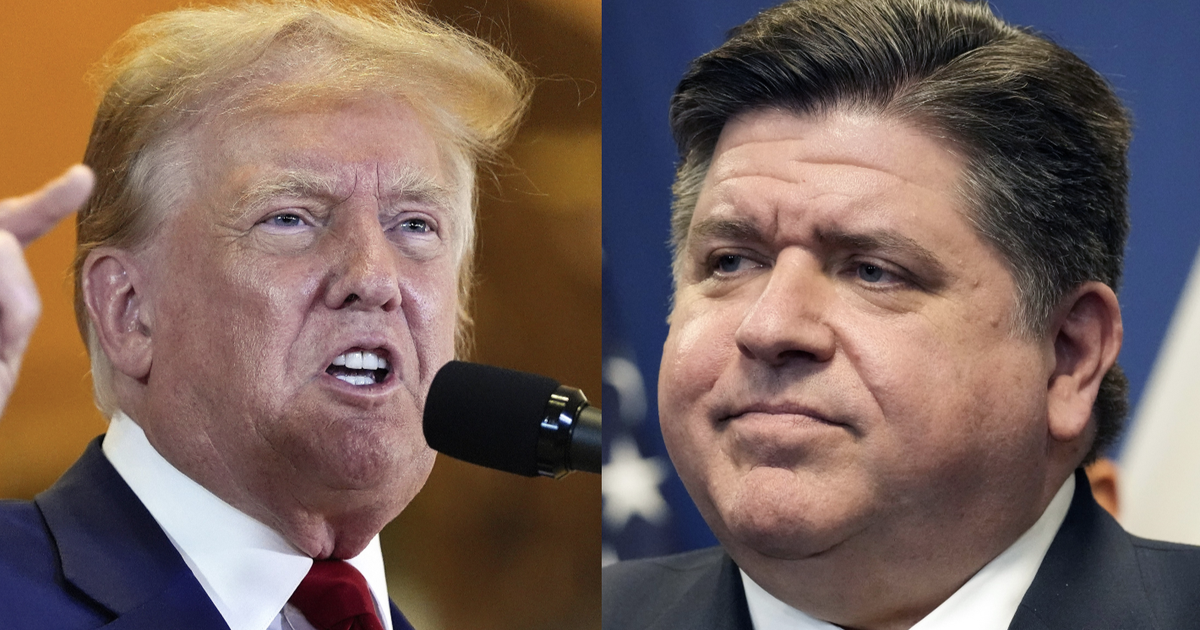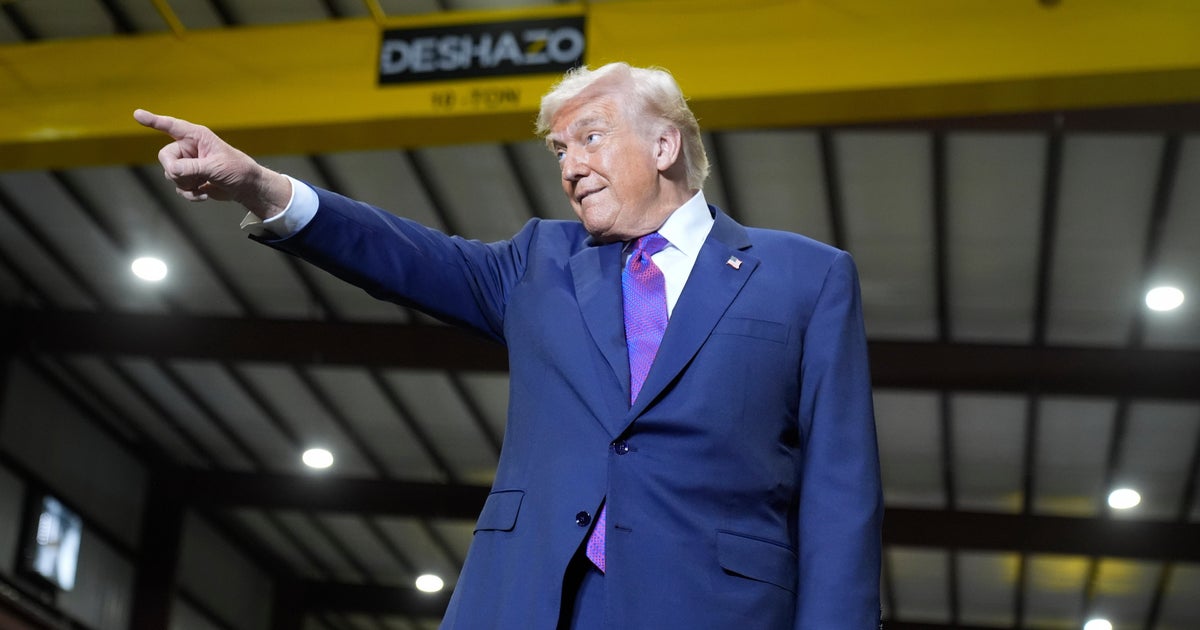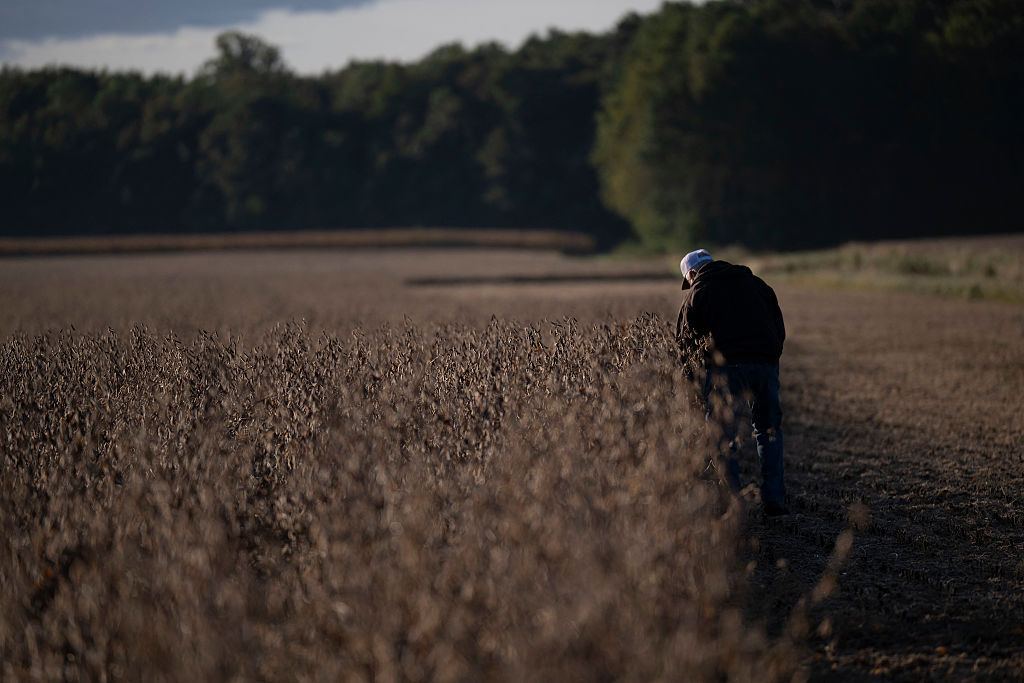What Obama’s economists think Trump should tackle
When President Obama moved into the White House in 2009, the country had plunged into a “once-in-a-lifetime” economic crisis that sent unemployment skyrocketing and homeownership plummeting. So where does the U.S. economy stand, eight years later?
According to the annual Economic Report of the President, the American economy has found its footing during the Obama administration, yet it continues to face significant issues, ranging from a slowdown in productivity to legions of men dropping out of the labor market. With President-elect Donald Trump stepping into the driver’s seat next month, it raises questions about whether some of those problems will be pushed to the back seat, or maybe even out of the car altogether.
Rising income inequality is among the issues that the Obama administration views as posing an economic risk in the years to come. While Mr. Trump didn’t include it as a position point while on the campaign trail, his tax plan indirectly aims to ease inequality by making wealthy Americans “pay their fair share.”
One of the more glaring discrepancies between the outgoing administration’s policies and Mr. Trump’s involves climate change, which the White House economists called “one of the greatest and most urgent challenges of our time.”
“As I pass the baton to my successor, much work remains to continue strengthening our economy and, most importantly, lifting wages for working families,” Mr. Obama wrote in an introduction to the report. “Finally, we must ensure that growth is sustainable by continuing to address the global risk of climate change, by increasing the safety and accountability of our financial system, and by making responsible fiscal decisions.”
Climate change may carry both near and far-reaching economic impacts, while other trouble spots highlighted by the report may be issues more likely to affect Americans in the near term. Below are four of the top concerns the report pinpointed.
Climate change. Given the economic impact of a hotter planet may be substantial in just a few decades, the report sounded a number of alarms on everything from food production to property damage. Sustainable economic growth depends on addressing the short- and long-term impacts of climate change, according to the report.
Higher temperatures may lead to a 3 percent increase in age-adjusted death rates and an 11 percent jump in annual residential energy use because Americans will need to turn up their air conditioning, the report noted. Yields on corn and other crops may decrease by as much as 46 percent by 2011, it added.
The news for homeowners isn’t pretty: As much as $106 billion worth of coastal property could be at risk of rising water levels by 2050, it added.
“The impacts of climate change will also affect the U.S. Federal Budget,” the report stated. “For example, an increase in the frequency of catastrophic storms, along with rising seas, will require more disaster relief spending, flood insurance payments, and investments to protect, repair, and relocate Federal facilities.”
While the report outlined some of the steps the Obama administration has taken to address climate change, from supporting renewable energy to policies for reducing greenhouse gas emissions, it’s seen as unlikely that Mr. Trump will continue in the same vein. First of all, he has expressed doubts about whether climate change is actually imperiling the earth, even though the vast majority of climate scientists and NASA point to a wide body of scientific research that indicates the globe’s warming climate is likely caused by human behavior.
“Nobody really knows” whether the phenomenon is real, Mr. Trump said in early December. He also said he was “studying” withdrawing from the Paris climate agreement, and he expressed economic concerns, saying the Obama administration’s efforts to curtail emissions had hurt the country’s competitiveness.
Mr. Trump has picked Scott Pruitt, Oklahoma’s attorney general, to lead the U.S. Environmental Protection Agency. Pruitt has made false comments about climate change, such as saying scientists disagree about the “connection” of a warmer planet “to the actions of mankind,” according to FactCheck.org.
Productivity. The amount of output a worker can produce in an hour is in dire need of a pick-me-up. After productivity growth increased at an annual rate of 3 percent between 1995 to 2005 in the business sector, it stalled out. During the last decade, productivity has increased an average of only 1.3 percent a year, or less than half its prior rate.
Why does that matter? Because growth in labor productivity leads to better living standards.
Economists have batted about theories about why productivity has taken a hit since 2005, including measurement error, or the idea that the government isn’t able to accurately measure productivity increases because of the novel ways Americans are working, such as on their smartphones.
The Obama administration believes policies that could help restore productivity growth include increasing public investment in infrastructure, investing more in research and development, and reforming the business tax code.
Would Mr. Trump’s policies address the productivity problem? Very likely, according to some economists. James Bullard, president of the Federal Reserve Bank of St. Louis, told Bloomberg News that Mr. Trump’s tax reform policies and higher capital spending plans have the “potential” to boost worker productivity.
Labor market participation. Where have all the working men gone? That’s a $64,000 question for labor economists, who have noted the long-term trend of men dropping out of the labor market. In recent years, women have joined their male colleagues in quitting the rat race, adding to the puzzle of why working-age Americans of both genders are opting out of the labor market.
This “troubling pattern” creates a number of economic problems, ranging from household finances to the health of the overall labor market, the report noted. Americans who drop out of the workforce will earn less and face a tougher time in the job market if they do return, for example.
Flexible workplace policies and paid leave, as well as a new wage insurance system that could spur workers to return to the labor market are among the ideas the Obama administration believes could reverse the trend.
Mr. Trump’s transition team has signaled that addressing the plunging labor force participation rate will be a central focus. Economic adviser Peter Navarro said earlier this month it “demonstrates an urgent need” for Mr. Trump’s economic policies.
Still, the incoming administration will be fighting the outgoing tide, thanks to the aging American population. On top of that, Mr. Trump’s pledges to remove unauthorized immigrants and restore their jobs to Americans may not evolve in the way he hopes if those U.S. workers turn up their noses at the type of low-wage labor that unlawful immigrants typically hold.
Income inequality. The U.S. “has the highest level of inequality, and has seen a faster increase in inequality, than any of the G-7 economies,” the report noted.
Half of Americans have been “shut off from economic growth,” new research from economists Thomas Piketty, Emmanuel Saez and Gabriel Zucman found. While the rich have reaped almost unimaginable wealth, 117 million American adults eke out a living on $16,200 per year before taxes and transfer payments.
Policies that could reverse widening inequality include expanded access to “quality education,” increasing the minimum wage, supporting collective bargaining and lowering occupational licensing requirements, the report noted.
How would Mr. Trump’s policies stack up? They appear to be a mixed bag when it comes to income inequality. For one, his Labor Department nominee, CKE Restaurants CEO Andy Puzder, is a vocal opponent of a higher minimum wage. On the other hand, Mr. Trump’s Treasury nominee, Steve Mnuchin, has vowed that the rich won’t get an “absolute tax cut.”
Some economists believe the tax system must become much more progressive to help alleviate the country’s inequality gap. Whether that happens under Mr. Trump’s administration is one more thing that remains to be seen.



